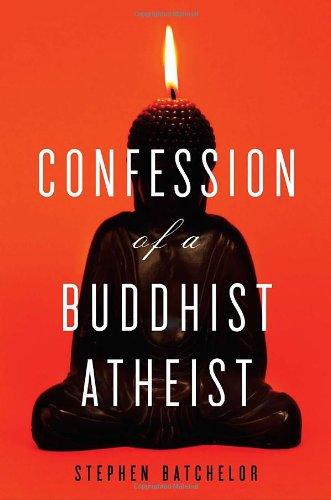
A Photo Journal of Tantric Buddhism at Kenbisan
Kenbisan, or Sword Tail Mountain, is a popular hiking spot near Osaka. It is an easy climb not far from the city and may be

Kenbisan, or Sword Tail Mountain, is a popular hiking spot near Osaka. It is an easy climb not far from the city and may be

Batchelor’s 2010 work is an autobiographical work composed of two parts which recounted his Buddhist experience as a monk and a layman. In this work,

A long time ago, monks in India debated about the importance of “study” and “practice,” trying to sort out whether their loyalties lay as “monks

“Learn how to meditate on paper. Drawing and writing are forms of meditation.” – Thomas Merton “I am writing this not to many, but to

Mainland Chinese artist, Mr. Sun Guangyi, exhibits almost annually at the Sin Sin Fine Art Gallery in Hong Kong. Over the years, a very special

Lopez (2008) and McMahan (2008) once made excellent points concerning the compatibility of science and Buddhism. These points largely centred on the tendency to conflate

Under the ideological banner of freedom nations have been built and intellectual revolutions took place. Under the same banner slavery and racial segregation in most

“I find television to be very educating. Every time somebody turns on the set, I go in the other room and read a book.” –

Looking for the perfect Christmas gift? Why not buy them a contemporary, gripping retelling of the Buddha’s life? To date, the late Osamu Tezuka’s (Astro

My Dhamma greetings to you all, As you all know, India is the birthplace of Buddhism. After the Buddha’s Mahaparinirvana, all his disciples assembled to

Brotherhood After recognizing the Zen Master Thich Nhat Hanh as his spiritual brother, Thomas Merton wrote in an essay: “I have said Nhat Hanh is

This article is a Buddhist response to Thomas Merton’s essay ‘Nhat Hanh is my Brother’ and Raymond’s article on ‘ Mindfulness and Love (2010.10.18). These